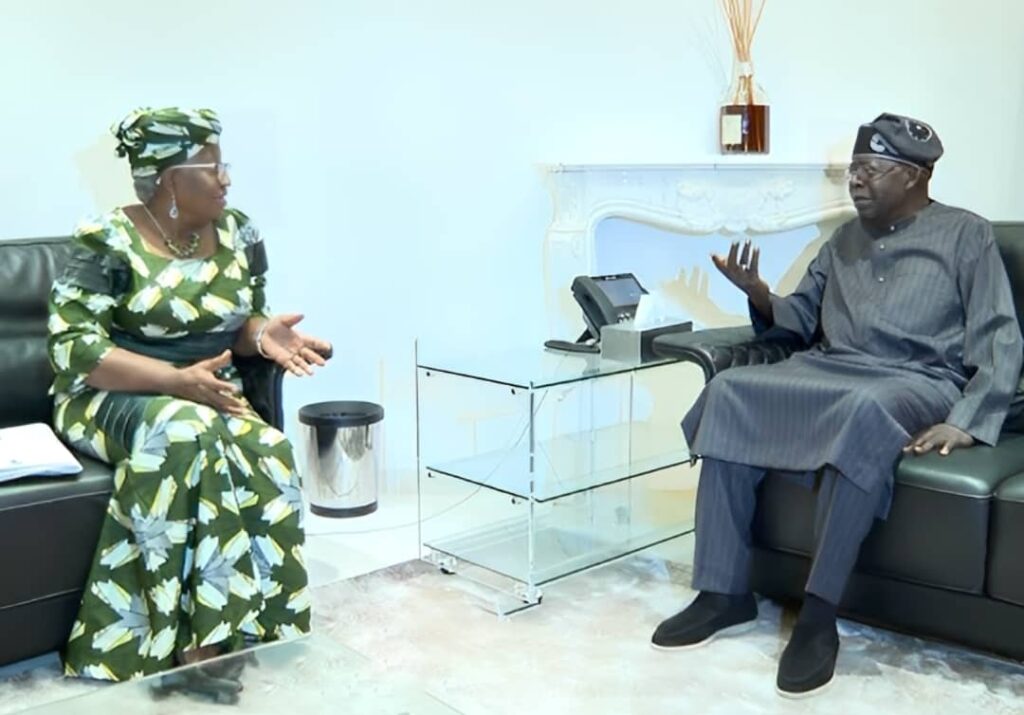From Charity Nwakaudu, Abuja
Nigeria’s leading tech-powered mobility company, Nairaxi, has thrown its weight behind the call by World Trade Organization (WTO) Director-General, Dr Ngozi Okonjo-Iweala, urging governments to prioritise policies that protect vulnerable populations from economic shocks.
In a statement released on Tuesday, Nairaxi’s Co-Founder and Chief Executive Officer, Kingsley Eze, said the expansion of social safety nets must include technology-driven transit subsidies to cushion the impact of rising living costs.
Okonjo-Iweala, a former Nigerian finance minister, has consistently called for stronger protection for the poor as they struggle with the fallout of economic reforms and inflation.
Speaking on Arise News Business Week in Abuja, Eze described transit subsidies as a “low-hanging fruit” capable of offering immediate relief to millions of Nigerians.
“With inflation at record highs and transport costs biting hard, digitised transit subsidies should not remain an idea on paper,” Eze said.
According to him, transport consumes up to 40 percent of daily earnings for low- and middle-income families in Nigeria, limiting access to jobs, education and healthcare.
He argued that while food and energy subsidies dominate public debate, affordable transport is just as critical for reducing poverty and restoring opportunity.
Eze also noted that traditional subsidy schemes in Nigeria have been plagued by inefficiency and corruption. Billions of naira in public funds, he said, often fail to reach those in need.
“To address this, Nairaxi is advocating the use of digital platforms – including smart cards, mobile wallets and e-ticketing systems – to deliver subsidies directly to commuters.
“Technology gives us visibility and accountability. Every naira spent can be traced to an actual commuter, making the subsidy system efficient and trusted,” Eze said.
He pointed to successful models in Brazil, India and Kenya, where digital infrastructure has enabled governments to deliver subsidies more effectively and reduce leakages.
Eze called for stronger collaboration between government and private operators to implement such systems in Nigeria.
CEO stressed that while government provides policy and financing, companies like Nairaxi can supply the technology, fleet management and operational expertise required to scale.
“This is where Public-Private Partnerships become critical. The government cannot shoulder this responsibility alone,” he said.
Beyond reducing costs, Nairaxi insists affordable and reliable transport improves productivity, boosts school attendance, and frees up household income for food, healthcare and other essentials.
“Technology-enabled subsidies are not only about reducing transport costs. They are about restoring dignity, expanding opportunity, and giving struggling Nigerians a fair chance to participate in the economy,” Eze said.


